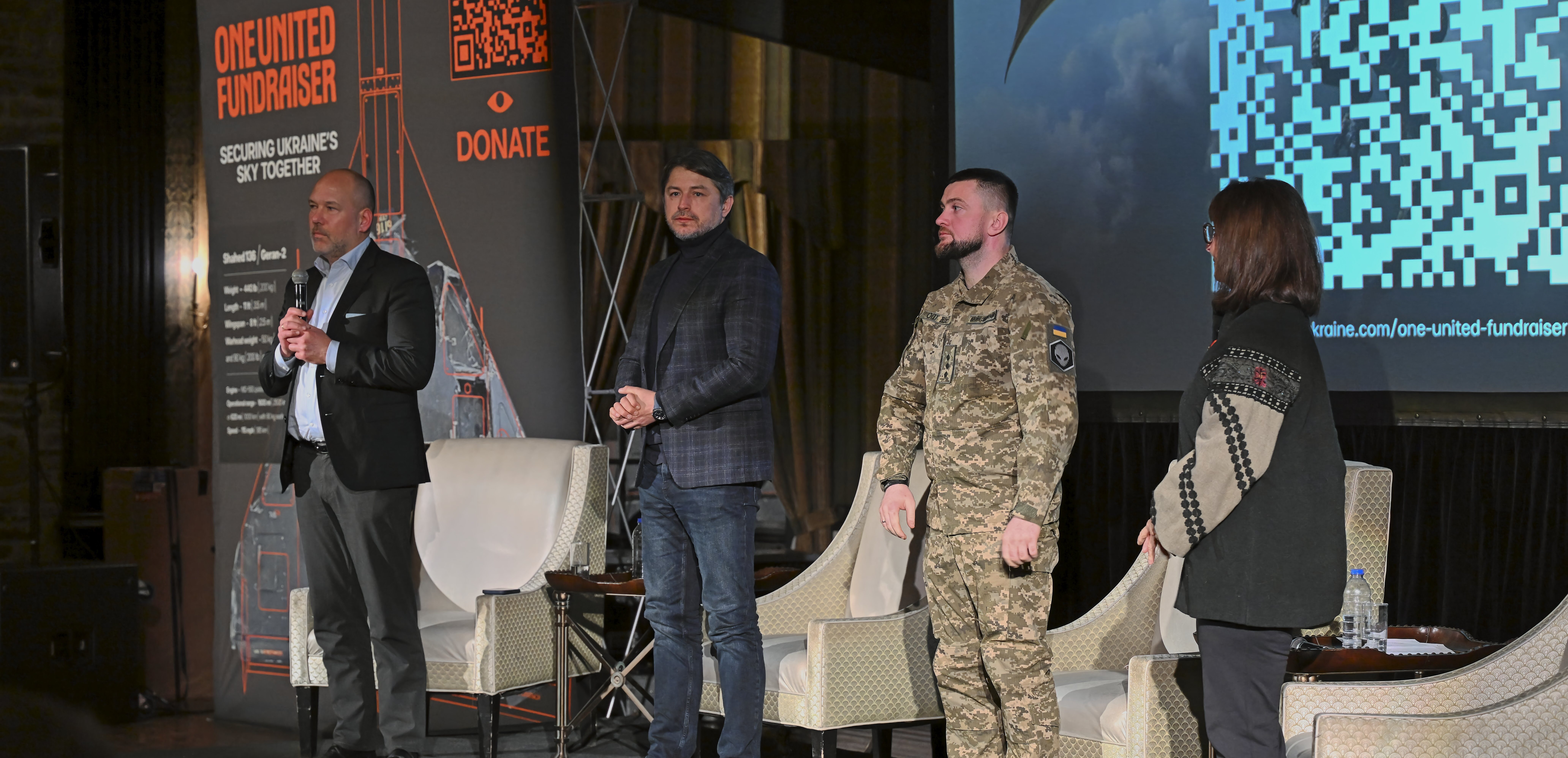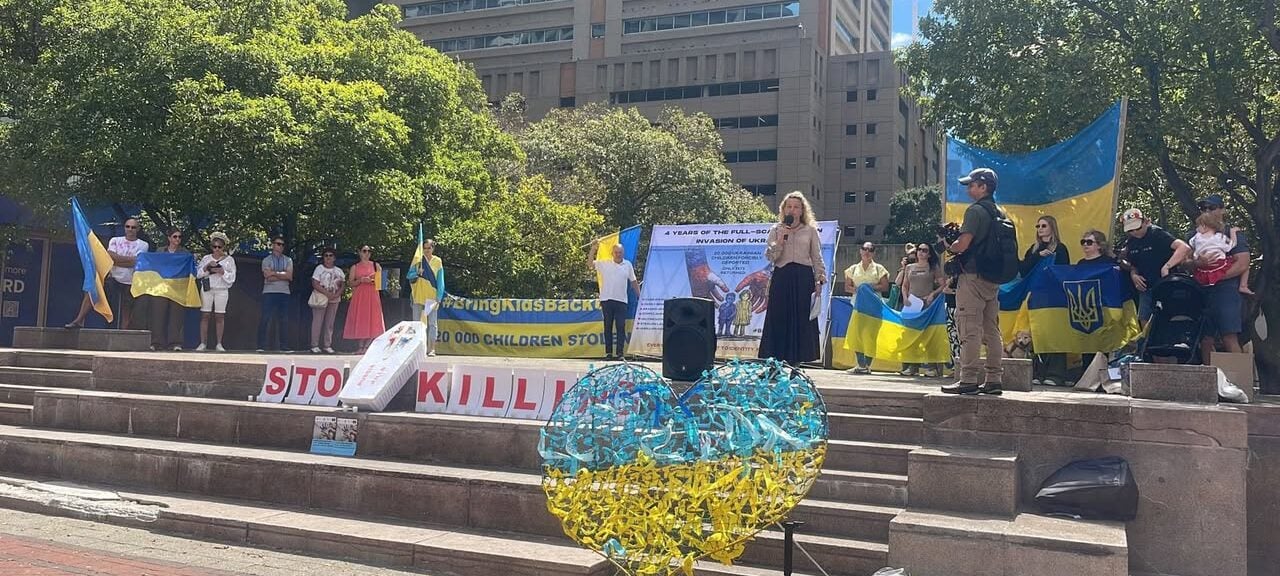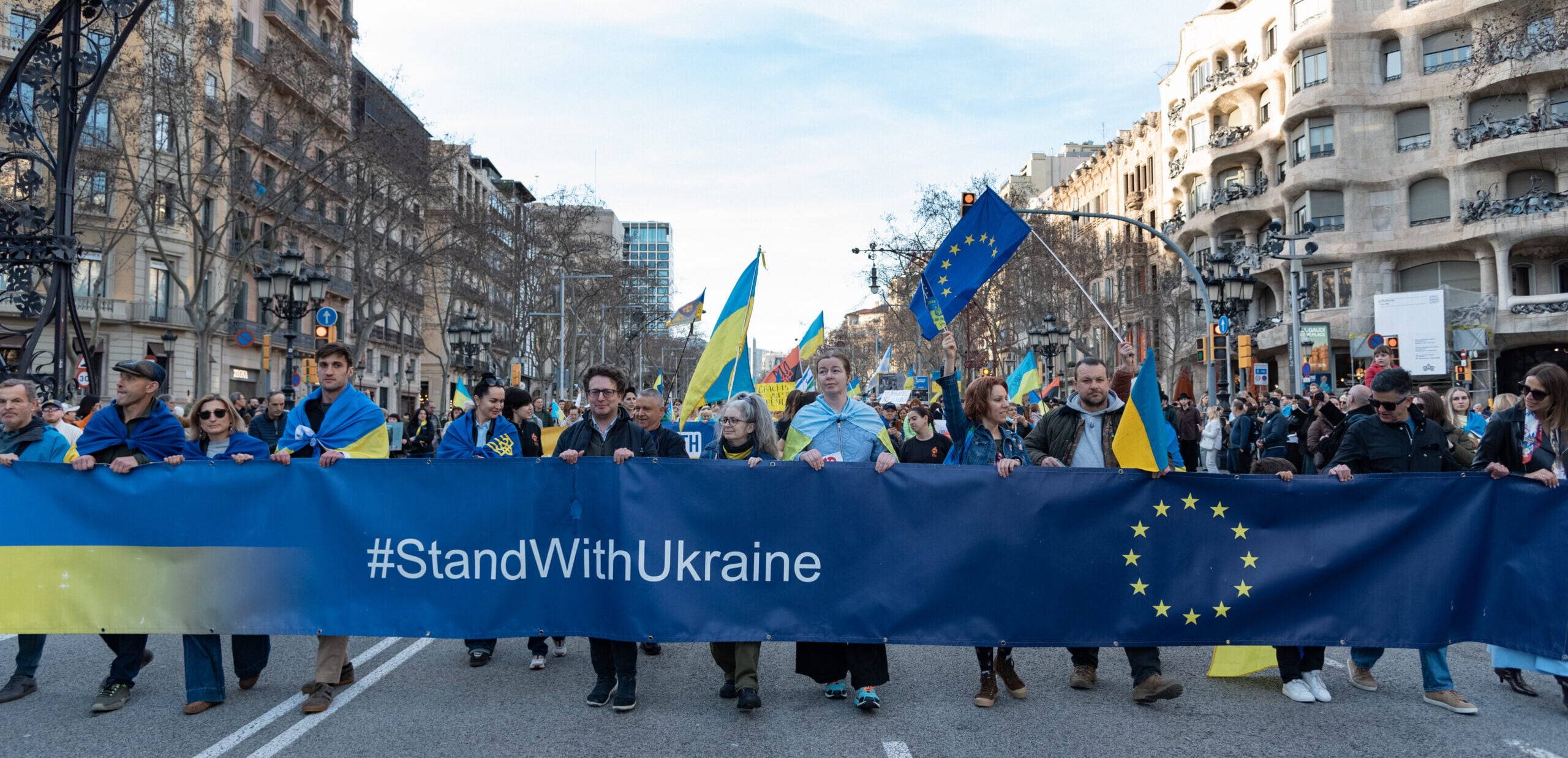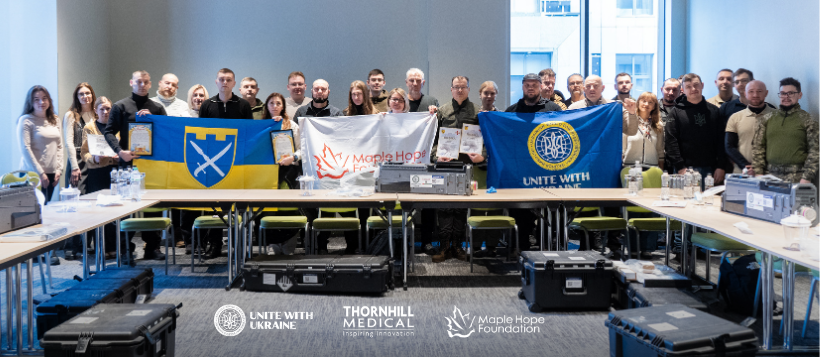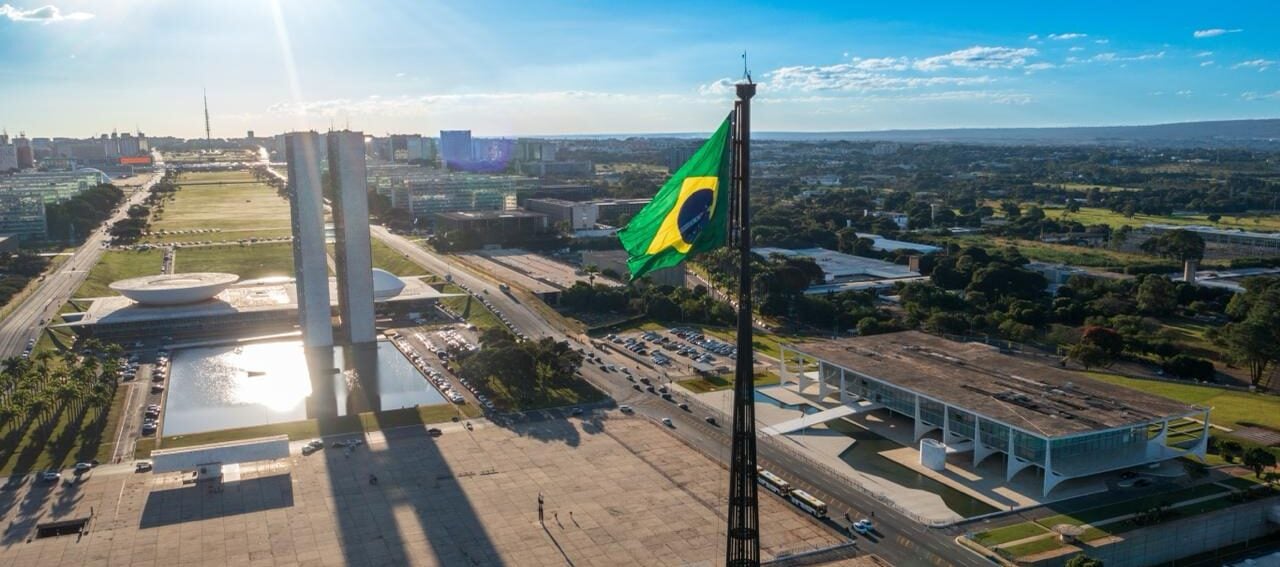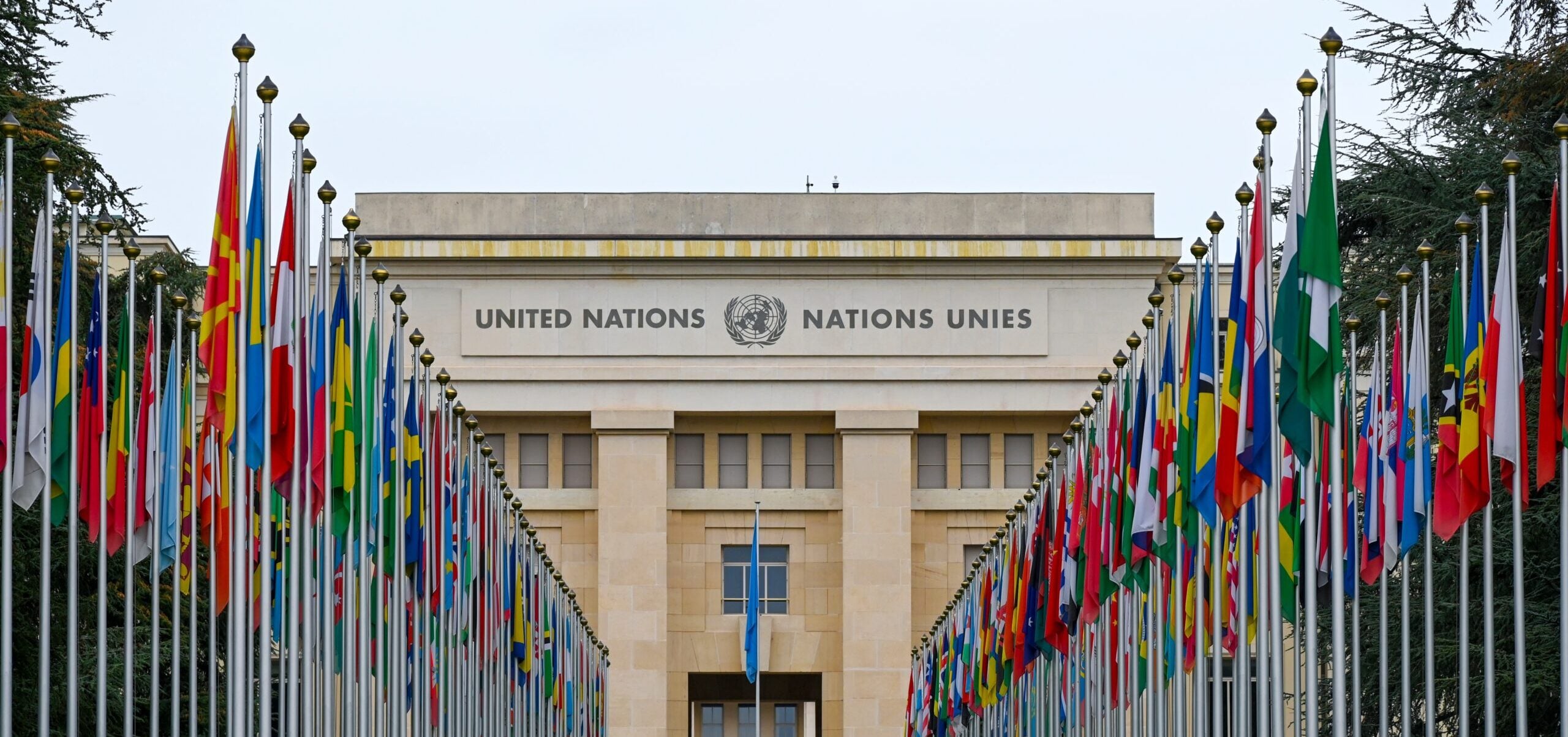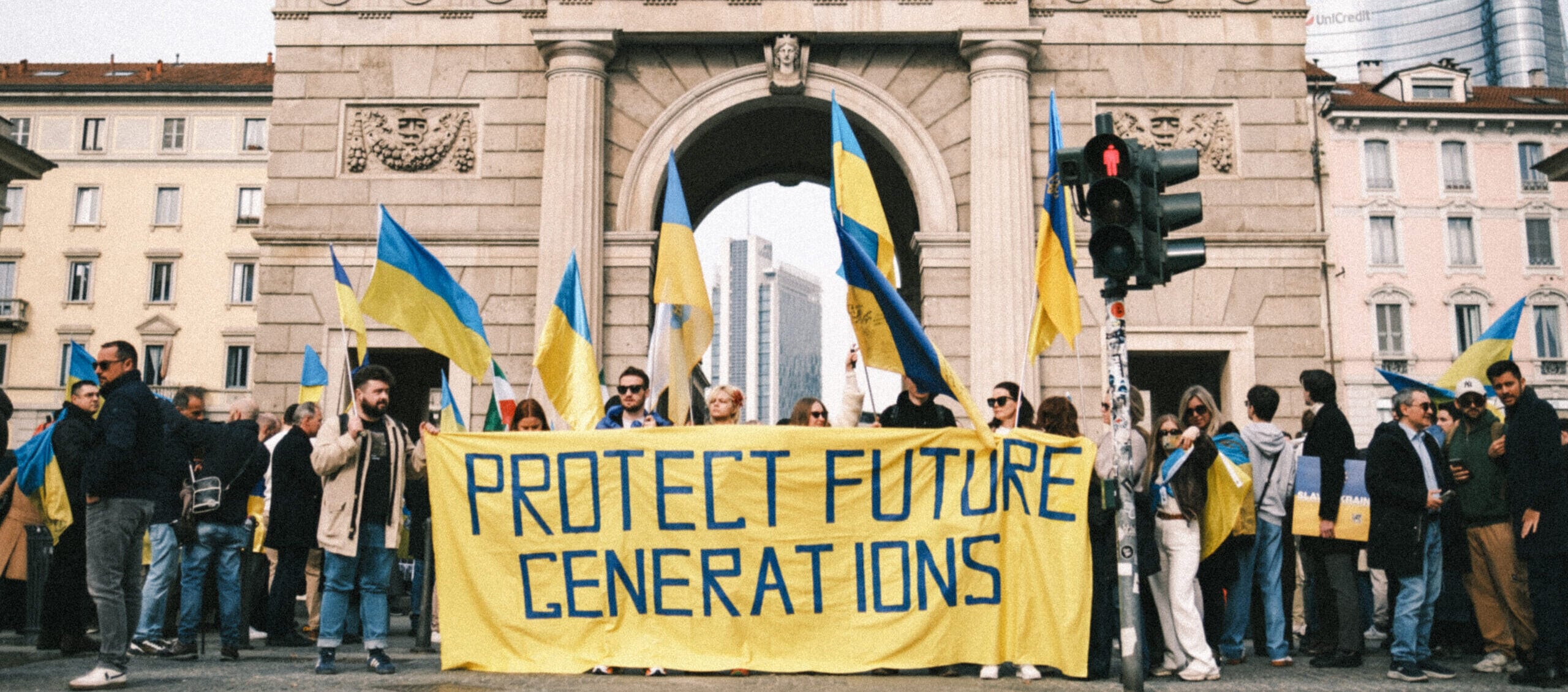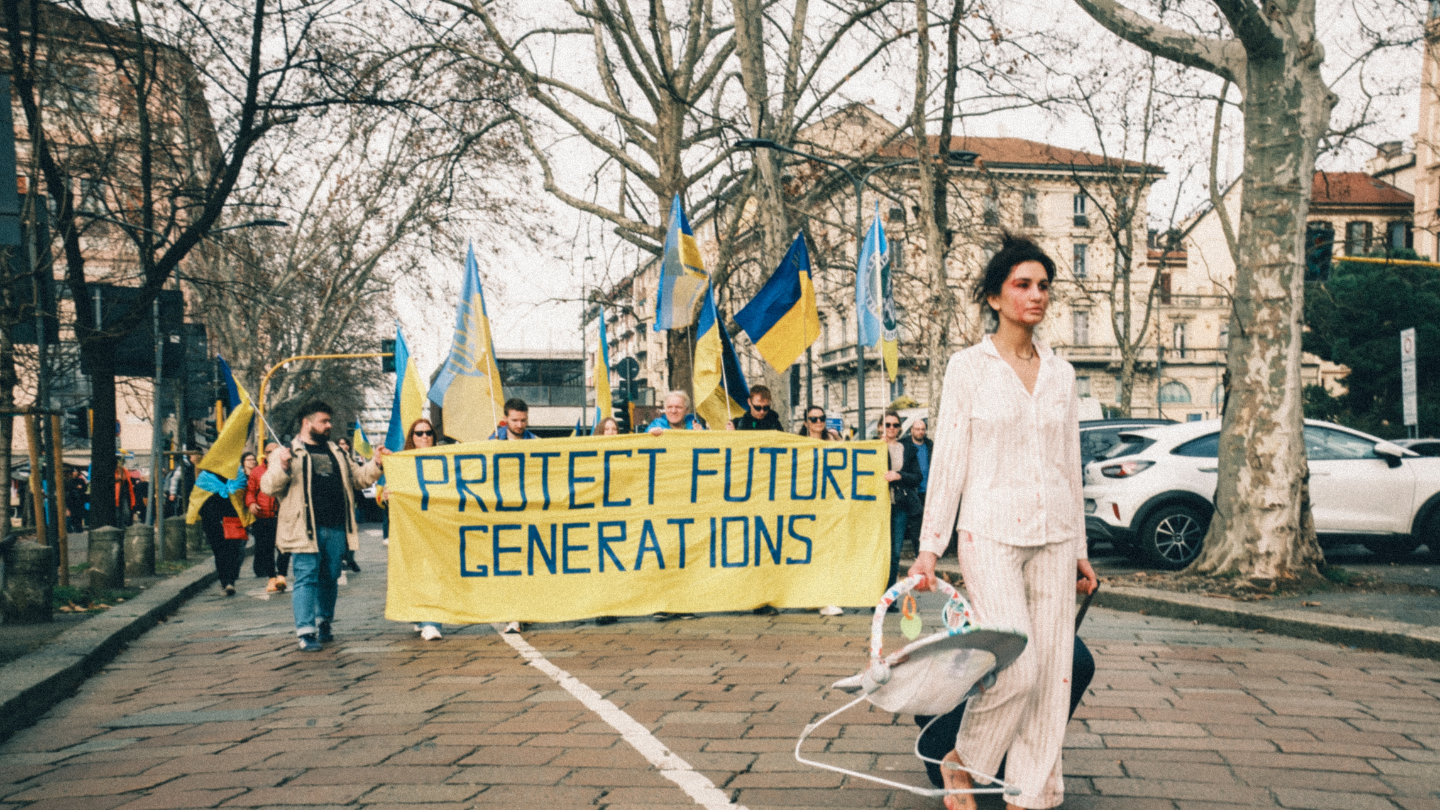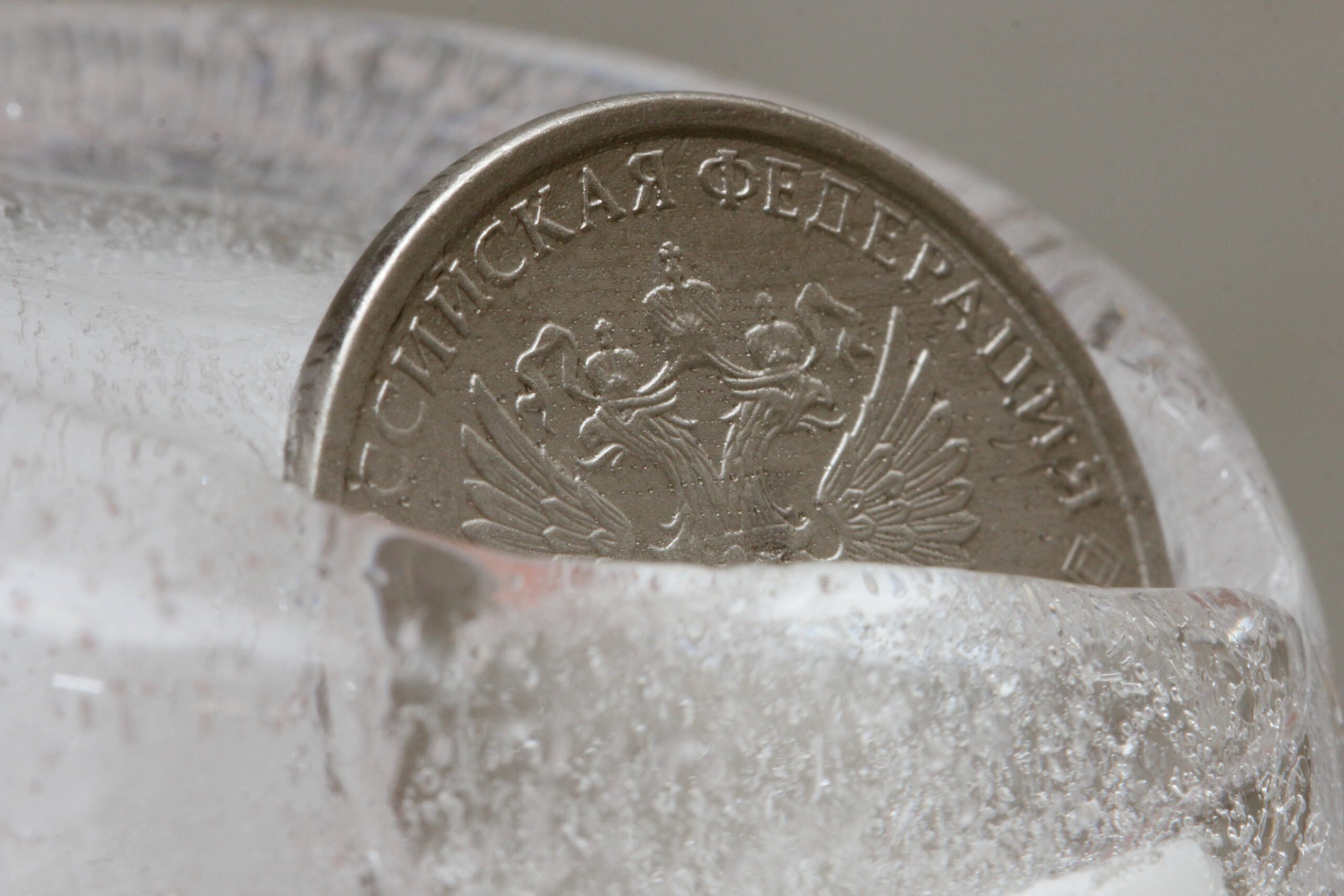
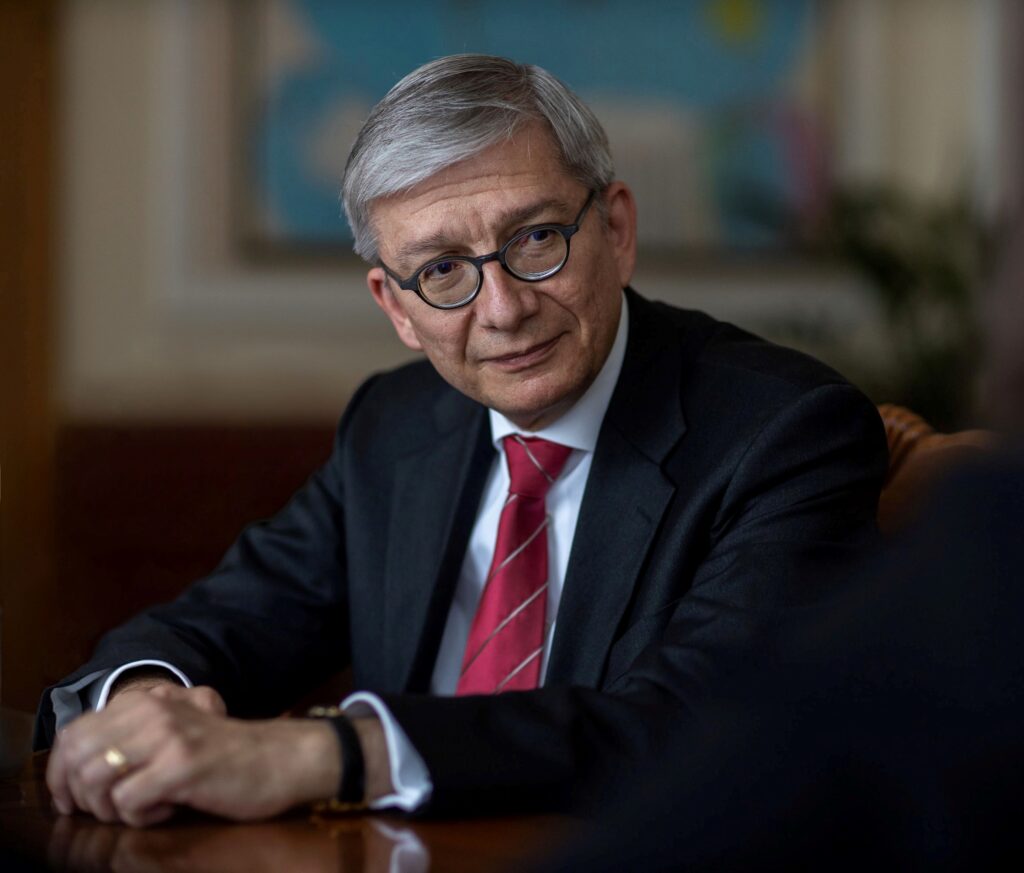
by Eugene Czolij
former president of the Ukrainian World Congress
president of the Ukraine-2050 nongovernmental organization
Source: KyivPost
In response to Russia’s all-out war against Ukraine, launched on Feb. 24, 2022, Western countries imposed various sanctions against Russia, including an asset freeze. It is estimated that over $300 billion of Russia’s Central Bank assets abroad have been frozen.
The vast majority of these Russian sovereign assets are still frozen within the European Union.
The European Union indicated that these measures were “designed to achieve the EU policy objective of ending Russia’s war of aggression against Ukraine, through maximizing pressure on Russia and using all tools available to diminish Russia’s ability to wage its illegal war of aggression.” The other Western countries that froze Russian sovereign assets had a similar objective.
This objective has not yet been reached, and the consequences are dramatic.
Indeed, on Feb. 25, 2025, the United Nations, in collaboration with the Government of Ukraine, the World Bank Group and the European Commission, released a joint Rapid Damage and Needs Assessment for Ukraine, which estimates that, as of Dec. 31, 2024, “the total cost of reconstruction and recovery in Ukraine over the next decade will be $524 billion – approximately 2.8 times the estimated nominal GDP of Ukraine for 2024.”
The question that begs to be answered is why have Russia’s frozen sovereign assets still not been confiscated and transferred to Ukraine in the form of modern military aid to meet the objective of Western countries to ending Russia’s war of aggression against Ukraine?
Clearly this should be done without further delay for moral, judicial, legal, geopolitical, and economic reasons.
Moral reasons
The moral argument is indisputable. Nothing justifies the withholding of necessary modern military aid to Ukraine that could be purchased with Russia’s frozen sovereign assets while Russia is attacking the civil population of Ukraine and killing innocent children or forcibly transferring them to Russia.
Judicial reasons
On March 16, 2022, the International Court of Justice in The Hague rendered a critical interim judgment in the case of Ukraine vs The Russian Federation, stating that: “The ‘special military operation’ being conducted by the Russian Federation has resulted in numerous civilian deaths and injuries. It has also caused significant material damage, including the destruction of buildings and infrastructure. Attacks are ongoing and are creating increasingly difficult living conditions for the civilian population.” On that basis, the Court ordered that: “The Russian Federation shall immediately suspend the military operations that it commenced on 24 February 2022 in the territory of Ukraine.”
The Kremlin has not only ignored this interim judgment of the International Court of Justice, but Russia has defiantly violated it by repeatedly committing acts of genocide against Ukraine’s civil population, including children. In fact, the International Criminal Court issued an arrest warrant against Vladimir Putin on March 17, 2023, for “the unlawful deportation and transfer of Ukrainian children from occupied areas of Ukraine to the Russian Federation, contrary to […] the Rome Statute.”
On July 9, 2025, the Grand Chamber of the European Court of Human Rights in Strasbourg rendered a scathing judgment in the case of Ukraine and The Netherlands v. Russia concerning Russia’s invasion of the Donetsk and Luhansk regions since 2014, Russia’s full-scale war against Ukraine since 2022 and Russia’s shooting down of flight MH17 over eastern Ukraine killing all those on board. In essence, in this judgment, the Court stated that: “177. […] the Court has previously been required to examine applications arising out of situations of conflict in Europe […]. However, the events in Ukraine are unprecedented in the history of the Council of Europe. The nature and scale of the violence as well as the ominous statements concerning Ukraine’s statehood, its independence and its very right to exist represent a threat to the peaceful co-existence that Europe has long taken for granted. […] this dangerous rhetoric has also on occasion been extended to encompass other Council of Europe member States, including Poland, Moldova, and the Baltic countries. These actions seek to undermine the very fabric of the democracy on which the Council of Europe and its member States are founded by their destruction of individual freedoms, their suppression of political liberties and their blatant disregard for the rule of law.”
The confiscation of Russia’s frozen sovereign assets would help enforce the March 16, 2022 interim judgment of the International Court of Justice in The Hague by pressuring Russia to stop its all-out war against Ukraine. From that perspective, there can be no serious argument that such confiscation would be either unfounded or arbitrary.
Legal reasons
The confiscation of Russia’s frozen sovereign assets would fully comply with: (1) article 51 of the United Nations Charter, which reaffirms the inherent right of collective self‑defense, if an armed attack occurs against a member of the UN, which obviously includes Ukraine; and (2) the provisions of the Responsibility of States for internationally wrongful acts that were commended to governments by Resolution 56/83 of the UN General Assembly, adopted on Dec. 12, 2001, namely: (a) articles 30 and 31, which oblige states to cease any internationally wrongful act and make full reparation for the injury caused by such act; and (b) articles 40 and 41, which provide that states shall cooperate to bring to an end any serious breach of an obligation arising under a peremptory norm of general international law, such as the prohibition of aggression.
Geopolitical reasons
Western countries are increasing their defense budgets because they understand that Russia is a dangerous threat to Euro-Atlantic security. Russia’s recent violations of the airspace of Finland, Estonia, Latvia, Lithuania, Norway, Poland, and Romania confirm this. Many leaders have recognized that Russia will go further if it overcomes Ukraine by eventually attacking a NATO member country, which would provoke a Third World War. The confiscation of Russia’s frozen sovereign assets to provide modern military aid to Ukraine will help avert such a catastrophe and force Russia to an unconditional ceasefire and then to a genuine peace agreement.
Economic reasons
The total amount of Russia’s frozen sovereign assets (around $300 billion) is substantially less than the total cost of reconstruction and recovery in Ukraine ($524 billion) and that cost is increasing daily, as a result of the relentless Russian aerial attacks against Ukraine’s civil population and infrastructure.
Political will
There is simply no logical reason to continue allowing Russia to destroy Ukraine and its people, while Russia’s sovereign assets remain frozen in Western bank accounts.
In fact, Western countries are letting history repeat itself by making the same mistake with Russia’s frozen sovereign assets as with military support for Ukraine, that is, providing aid to Ukraine only incrementally in response to Russia’s increasing acts of genocide against the Ukrainian people.
Ultimately – with more than enough good reasons to do the right thing, namely, to confiscate Russia’s frozen sovereign assets and transfer them to Ukraine in the form of modern military aid – the only thing still needed is the political will.
Cover: Shutterstock


